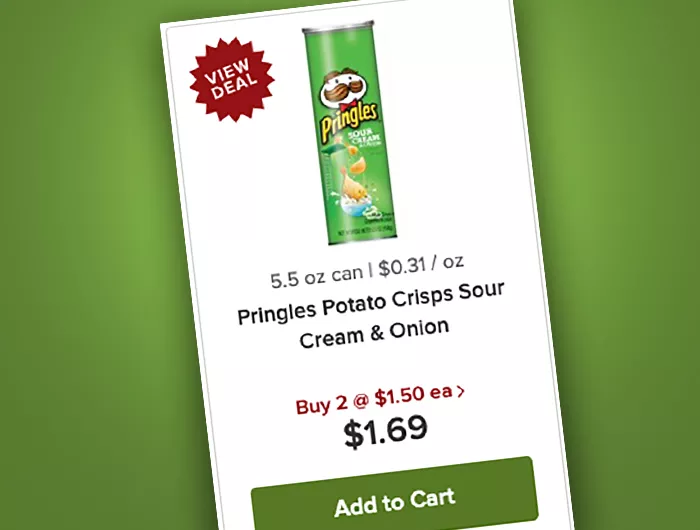Peter's Memo: Online grocers need an overhaul


As coronavirus hit the United States this spring, online grocery shopping skyrocketed.
Before then, sales—roughly $17.5 billion a year—accounted for a respectable 6 percent of total U.S. grocery spending. By 2025, they may hit $100 billion, says the industry’s trade association.
Are online retailers encouraging healthy or unhealthy purchases? In 2019, the Center for Science in the Public Interest, Nutrition Action’s publisher, conducted a market scan of six top grocers that offer online ordering in the Washington, DC, area: Amazon Prime Now, FreshDirect, Peapod, Safeway, Target, and Walmart Grocery.
For five staples—milk, bread, cereal, drinks, and chicken—we collected data on the retailers’ promotions, pricing, and placements. We also rated the quality of fruits and vegetables that were delivered. The results:
■ More than half of the promotions on the retailers’ home pages and in their search results were for junk foods like soda, chips, candy, and cookies.
■ The proportion of promotions for unhealthy foods ranged from 29 percent (FreshDirect) to 72 percent (Safeway).
■ Roughly 75 percent of the retailers’ emails about foods and beverages promoted junk.

■ At Peapod and Safeway, discounts on unhealthy items were, on average, more than twice as steep as discounts on healthy foods.
■ More than half of the items in the top three search results for staple foods were unhealthy. For example, when we searched for “chicken,” we often saw chicken nuggets.
■ Though two-thirds of the items that we ordered from retailers were healthy, nearly half of the “targeted promotions” later sent to us by Amazon Prime Now were for junk food. (Almost none of Peapod’s were.)
■ On the upside, most fruits and vegetables had good color, taut skin, and few soft spots.
Online grocery shopping has the potential to curb impulse buying and boost Americans’ access to healthy foods. But so far, online grocers are mirroring brick-and-mortar stores by championing junk food.
CSPI is urging the U.S. Department of Agriculture to develop policies for online retailers that participate in the SNAP program (formerly known as Food Stamps) to highlight only healthy foods and drinks in promotions on home, search, and checkout pages and in emails.
We also want the USDA to require retailers to disclose sponsorships so shoppers can separate ads from genuine search results.
With America’s obesity and junk food epidemics raging, the last thing we need is an online marketplace that stokes, rather than douses, the flames.
Peter G. Lurie, MD, MPH, President
Center for Science in the Public Interest
Topics

